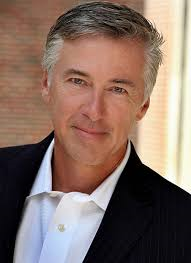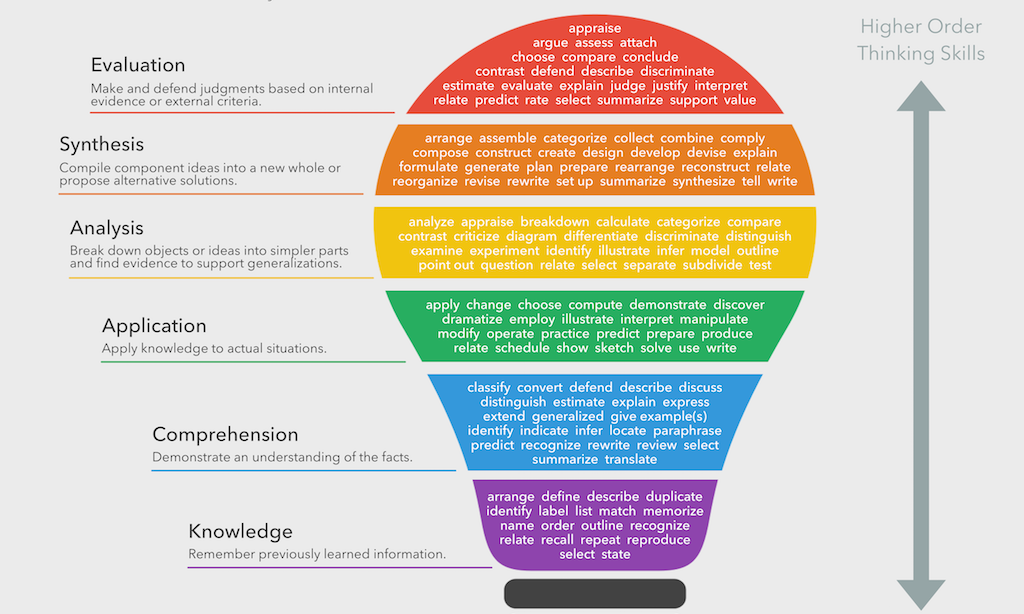As a part of our talent acquisition engagements, we ask our clients how they define “top talent” and how they would assess those traits in the interview process. Reflecting on the insightful comments we hear every day, we thought there would be great value in a new blog in which senior executives/thought leaders share their “Take on Talent.”
This is the eleventh in a series of blogs/interviews with senior executives who are thought leaders in the areas of Talent Acquisition, Career Development and Leadership who will share their perspectives on this ever present question.

Monty Hamilton is Chief Executive Officer of Rural Sourcing Inc. (RSI) and is responsible for the company’s strategic direction and growth, including the launch of 10 new development centers with 2,000 colleagues across low cost of living, high quality of life locations in the United States. This is his second entrepreneurial startup venture after leaving Accenture in 1995. Monty joined together with four other colleagues to build Clarkston Consulting where he was instrumental in growing Clarkston into a global strategic and systems integration firm with offices across the US and Europe.
He is a sought after speaker on outsourcing, domestic sourcing and workforce development topics and has recently been featured on CNBC, BBC, NPR radio and at various industry events. His achievements were recognized recently by being named as a regional finalist for the 2015 Ernst & Young Entrepreneur of the Year Award.
Monty holds an M.B.A. from the Cox School of Business at Southern Methodist University and a B.B.A. in business from Millsaps College. (more…)







